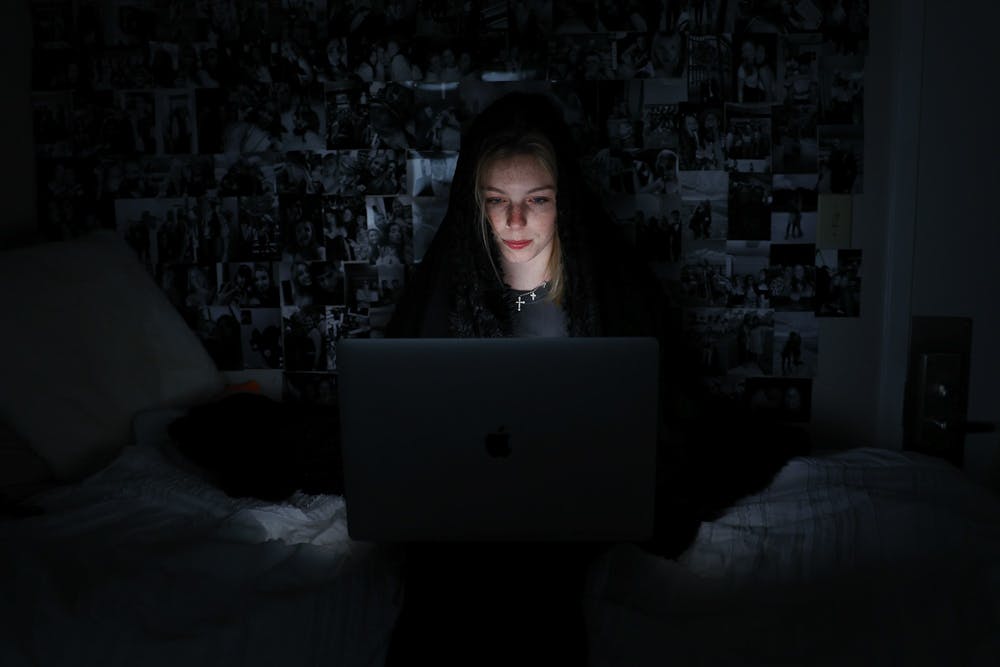Let’s talk about Section 230.
Dude, stop scrolling.
I know everyone but the political science kids left when I started talking about legislation, but this is important. Every meme in your group message, every conspiracy theory on Twitter, every Nicki Minaj music video, every human organ sold on the black market (well, maybe not that last one) have a platform because Section 230 stands.
Section 230 of the Communication Decency Act says: “No provider or user of an interactive computer service shall be treated as the publisher or speaker of any information provided by another information content provider.”
From this, we can derive two things. First, internet platforms are not responsible for what others post on their platform. For example, let’s say I tweeted a picture of Justin Bieber captioned, “Justin kicks puppies”, and it blew up because social media algorithms recommended the post to every Belieber. Justin could sue me, but not Twitter. Section 230 gives Twitter immunity, even if it helped spread a lie.
The second part of Section 230 immunizes internet platforms from selective moderation. Remember when Twitter permanently suspended Donald Trump’s Twitter account? Twitter was safe to do that under Section 230. Tech companies have the power to bolster and block any and all content without fear of catching a case.
So, who gave the Internet the ultimate “get out of jail free” card? This elusive clause has an even more obscure origin. You can actually trace Section 230 back to a 1950s erotic novel. Seriously, the adult book “Sweeter Than Life" catalyzed the case for the Communications Decency Act.
Eleazer Smith was a book store owner from Los Angeles. In 1956, Smith was given 30 days in jail for possessing lewd literature because a Los Angeles ordinance said it’s illegal to sell obscene material, even if you have no knowledge of them in your store.
Soon, a civil liberty lawyer took the case, Smith v. California, to the U.S. Supreme Court. In December of 1959, the Court ruled in favor of Smith. The Los Angeles ordinance violated the First Amendment's freedom of speech.



